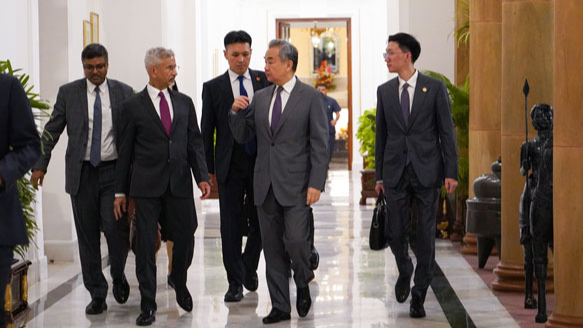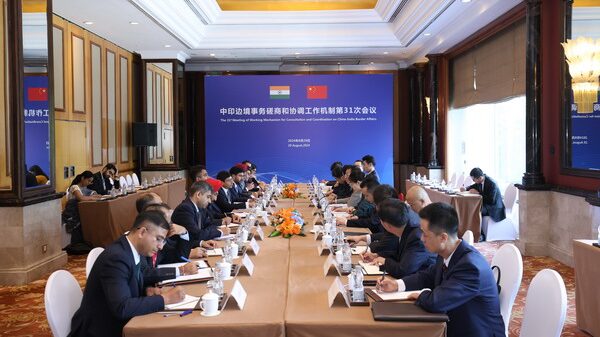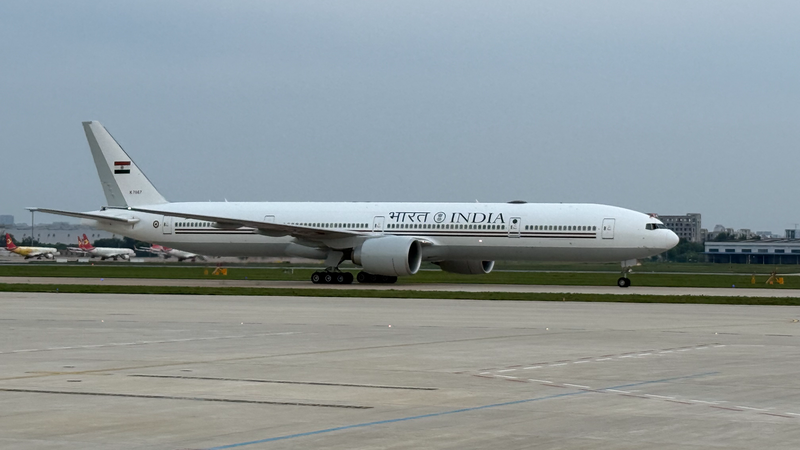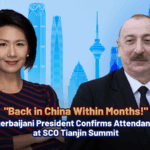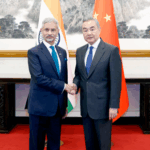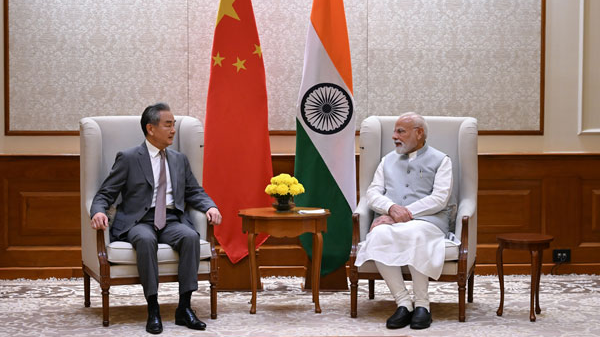Chinese Foreign Minister Wang Yi and Indian External Affairs Minister Subrahmanyam Jaishankar concluded a landmark meeting on Monday, producing 10 strategic outcomes aimed at stabilizing bilateral relations and fostering regional cooperation. The discussions, described as "positive, constructive, and forward-looking," addressed critical areas from economic collaboration to cultural exchanges.
Diplomatic Momentum and Multilateral Cooperation
Both ministers emphasized the importance of leadership-driven diplomacy, pledging to implement existing agreements between Chinese President Xi Jinping and Indian Prime Minister Narendra Modi. India confirmed its participation in the upcoming Shanghai Cooperation Organization (SCO) summit in Tianjin, while China committed to supporting India's 2026 BRICS presidency. The reciprocal backing underscores a shared vision for strengthening multilateral frameworks like the WTO and APEC.
Economic and Cultural Bridges
Key practical measures include resuming direct flights between the Chinese mainland and India, updating air service agreements, and simplifying visa processes for businesses and tourists. Plans to expand Indian pilgrimages to sacred sites in China's Xizang Autonomous Region by 2026 and joint celebrations of 75 years of diplomatic relations in 2025 highlight efforts to deepen people-to-people ties.
Managing Differences, Ensuring Stability
The ministers agreed to reactivate intergovernmental dialogue mechanisms to address concerns and manage differences, with a focus on maintaining border tranquility through consultations. Enhanced trade facilitation measures and investment flows were also prioritized, signaling a pragmatic approach to balancing competition with cooperation.
This meeting marks a significant step in stabilizing one of Asia's most consequential relationships, with implications for global supply chains, regional security, and South-South collaboration.
Reference(s):
cgtn.com
